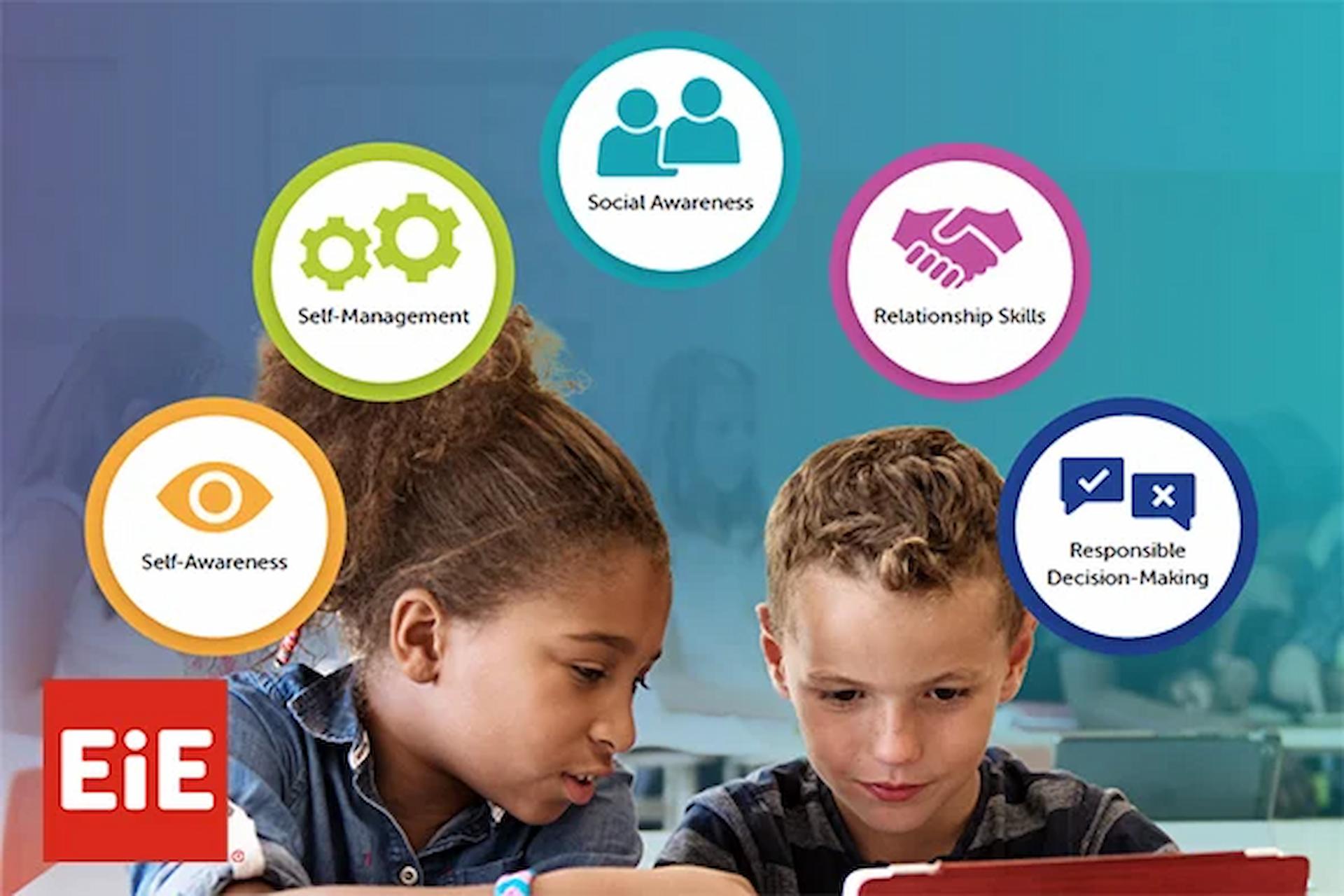Putting emphasis on the social-emotional development of the students is critical to almost any contemporary educational setting. Integrating Social-Emotional Learning or SEL, however, does not have to be another thing educators have to add in their already packed schedules. Hind Louali points out that SEL strategies and skills can be seamlessly incorporated into the content people are already teaching. There are several connections between the goals of meaningful STEM learning and the important tenets of social-emotional development.
Hind Louali Underlines How STEM Can Support Social-Emotional Learning
Even though STEM (science, technology, engineering, and mathematics) education largely promotes the importance of technical knowledge associated with these disciplines, it is also pretty significant to SEL. Social emotional learning can be defined as the process through which students acquire the ability to manage emotions, maintain positive relationships, make responsible decisions, as well as feel and show empathy. At first, SEL might make more sense in a history or language classroom. However, with the right curriculum, STEM subjects can provide students with the opportunities to hone foundational SEL.
There Are Many Ways STEM Can Support Social-Emotional Learning, Such As:
- Problem-Solving Skills: STEM education inherently promotes skills like problem solving and critical thinking. Engaging in varied STEM activities like designing solutions, programming, and conducting experiments, requires the students to analyze situations, brainstorm solutions, identify problems, as well as evaluate their effectiveness. Such activities assist the students to develop problem-solving skills that are important to managing complex emotions and making responsible decisions.
- Collaboration And Communication: STEM education commonly involves working in teams, thereby fostering communication and collaboration capabilities. Collaborative STEM projects like designing a sustainable energy system or building robots need students to share ideas, communicate efficiently, listen to others, and work together. Such experiences invariably develop the social skills of the students, including teamwork, communication, and empathy. All of these skills are important for developing positive relationships and understanding the perspectives of other people.
- Resilience And Persistence: STEM activities commonly involve iteration and experimentation, where students might face failures and setbacks. This provides a chance to students to competently hone their resilience and persistence in the face of challenges. They are able to learn how to manage frustration, adapt their strategies for overcoming difficulties, and maintaining perseverance through obstacles. Such experiences aid the students in competently build emotional resilience and develop a growth mindset, which is immensely vital for navigating social and emotional challenges.
- Real-World Relevance: STEM education allows people to explore opportunities for real-world problem-solving that improves their sense of purpose. As students are able to witness the practical applications of their learning, they can develop a sense of agency and ownership. Examples of such practical applications may include designing a solution to a local environmental issue or developing a technology to help the community. Having a proper sense of relevance and purpose can foster motivation, emotions, and a sense of responsibility towards the community.
Hind Louali mentions that STEM education can also support self-regulation and self-awareness, both of which are important components of SEL. By engaging in STEM activities, students get to better recognize their own strengths and weaknesses, as well as regulate their behaviour and emotions in varied contexts.




